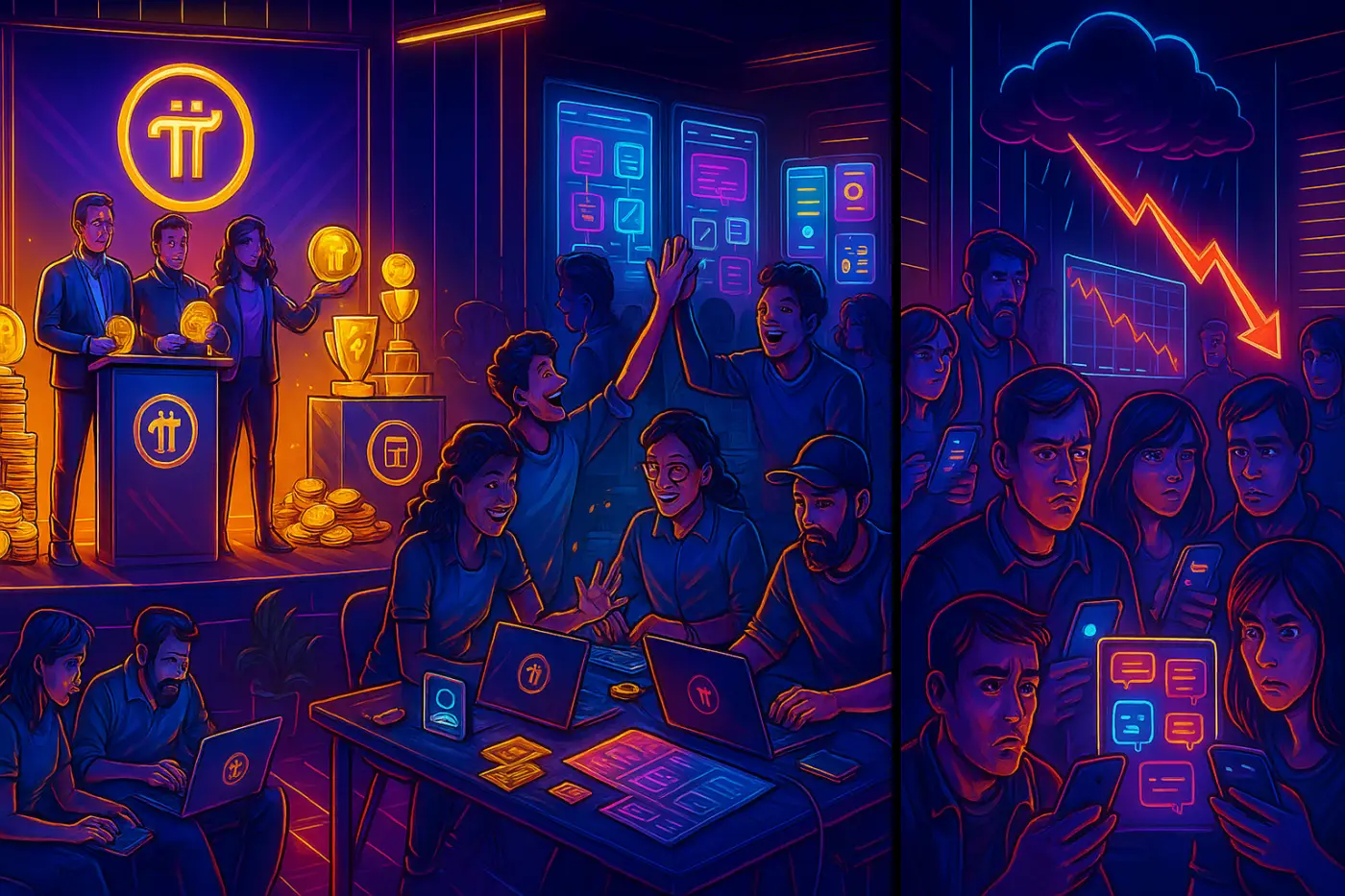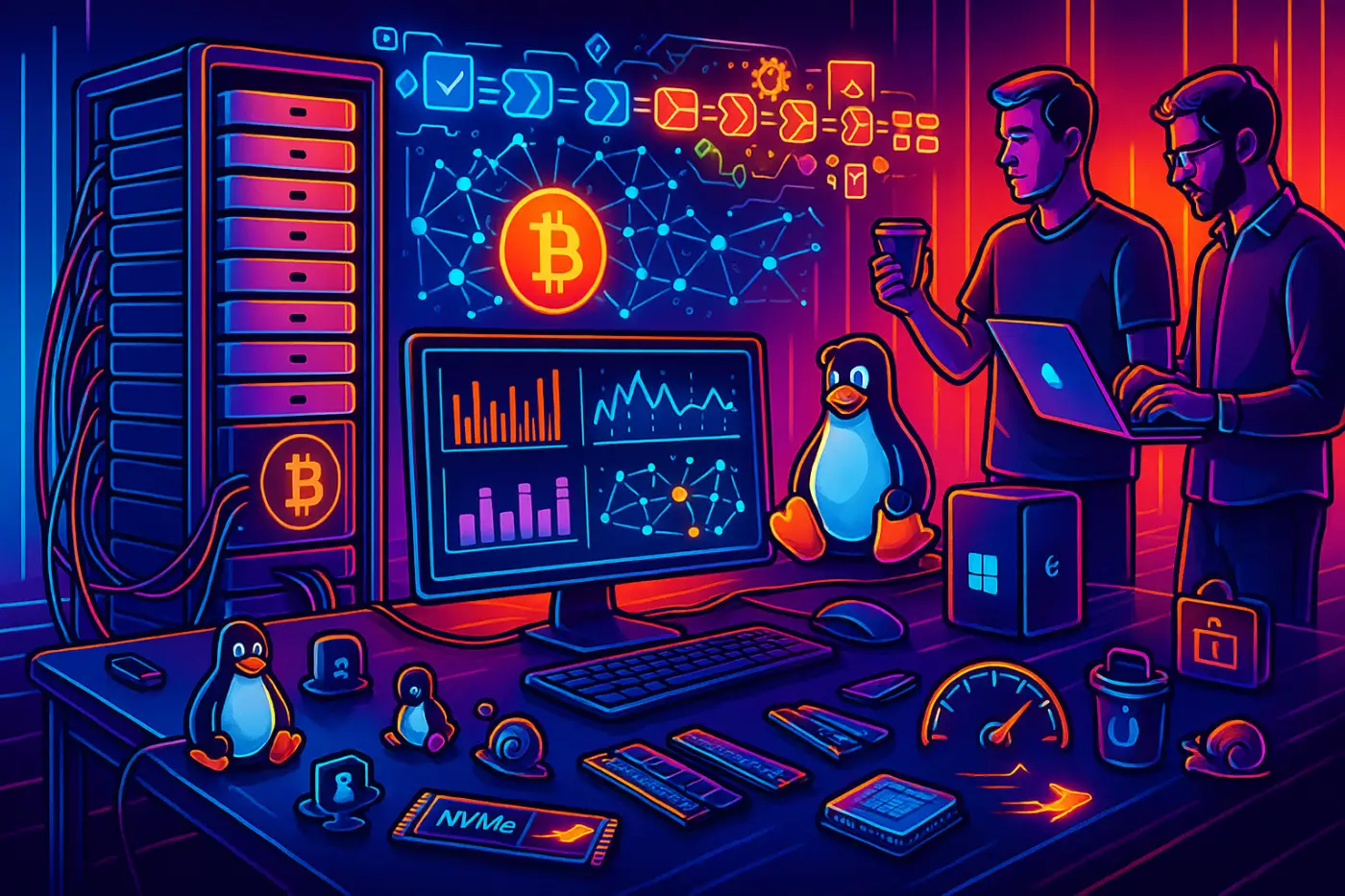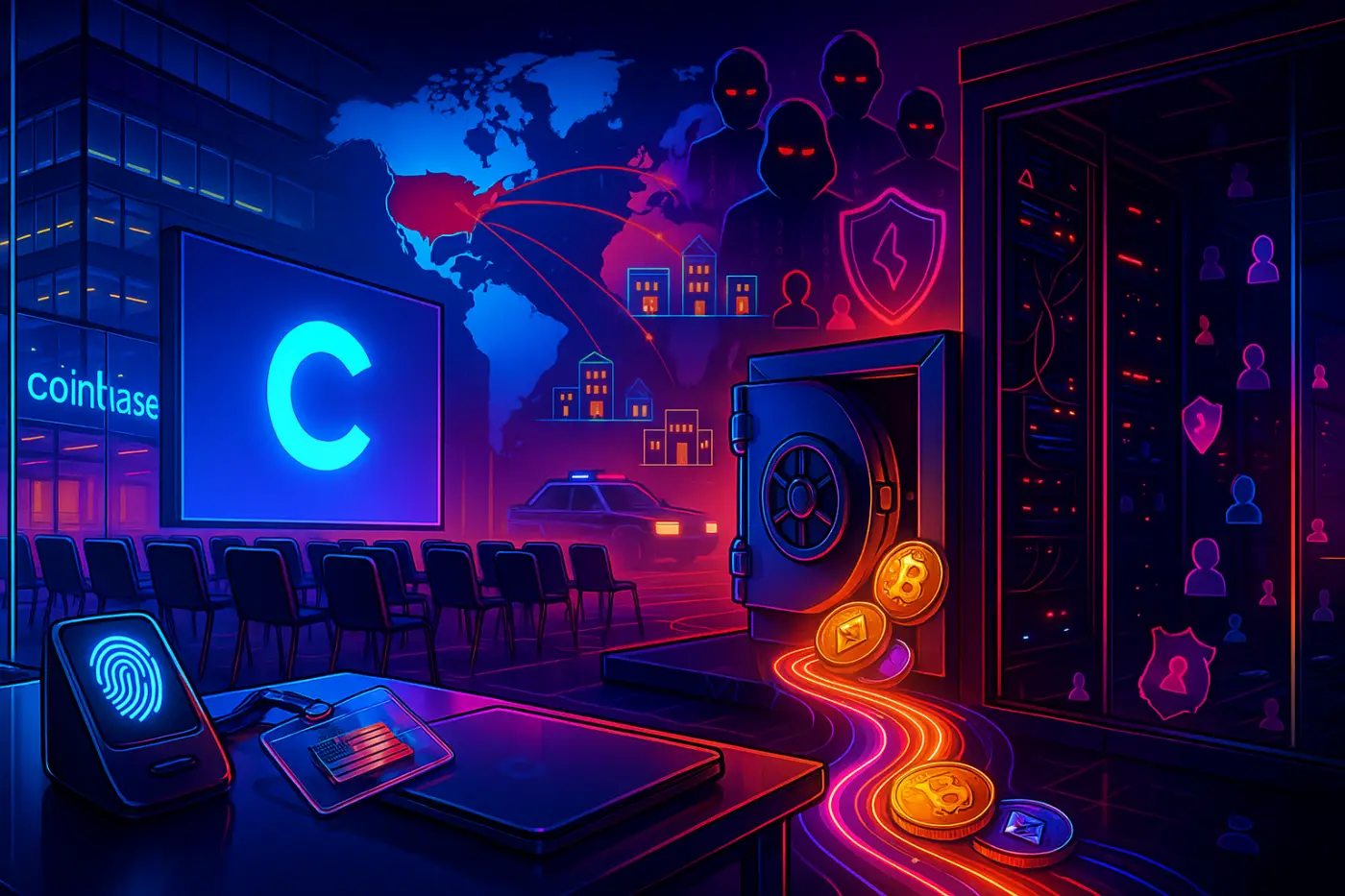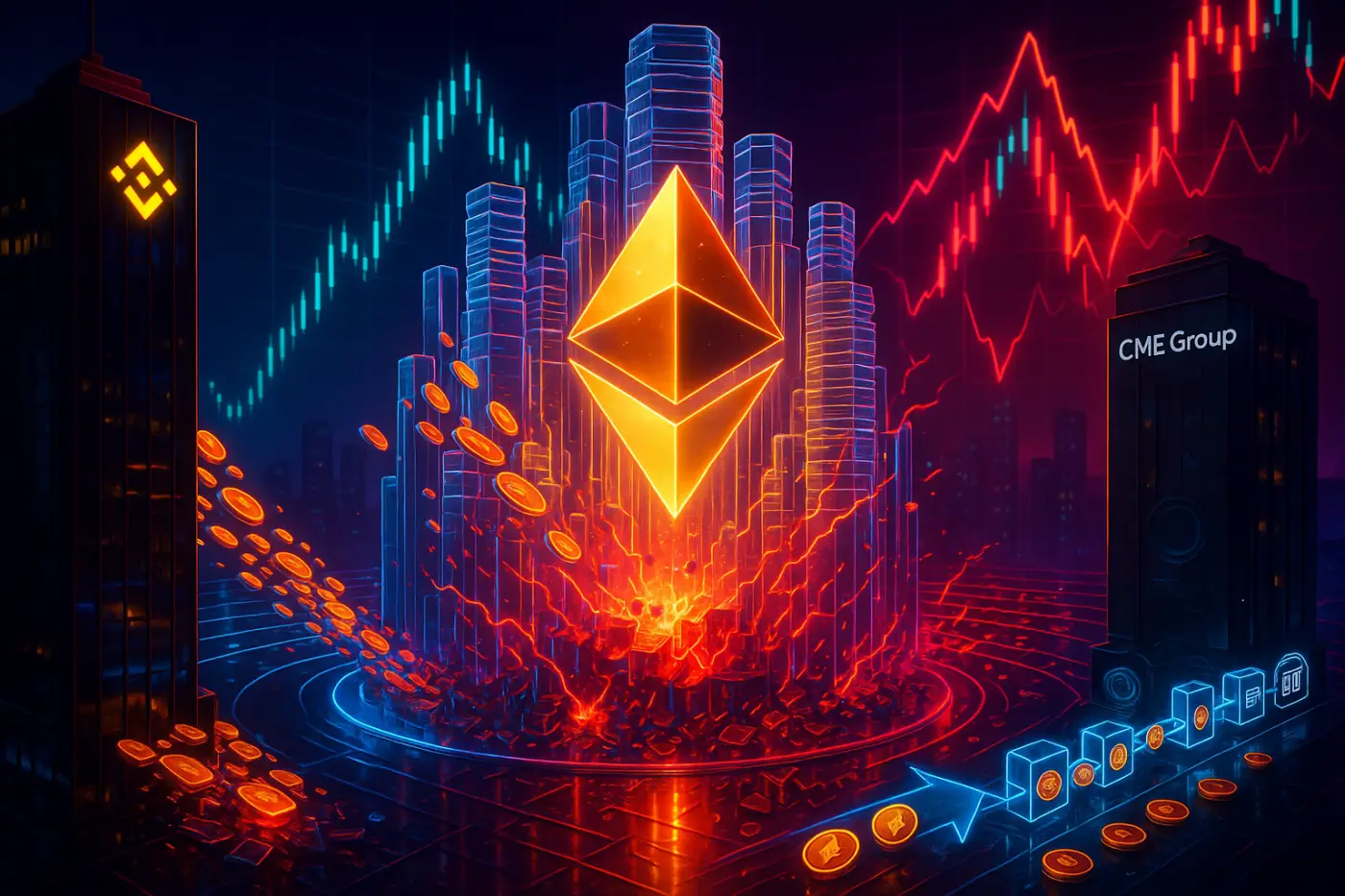Pi Network Struggles Shadow Hackathon 2025
The Pi Core Team has launched the Pi Hackathon 2025, set to begin Thursday, August 21, marking the network’s first hackathon since the Open Network went live. The event invites developers to build and deploy Pi Apps aimed at delivering real-world utility and helping shape the Pi ecosystem, but the announcement has sparked controversy and division within the community amid the token’s ongoing price challenges.
The hackathon runs through a final submission deadline of October 15, with a midpoint check-in scheduled for September 19 to provide teams with feedback. Organizers are offering a total prize pool of 160,000 Pi Coin (PI): 75,000 PI for first place, 45,000 PI for second, and 15,000 PI for third. Up to five teams will receive Honorable Mentions of 5,000 PI each.
Key rules and logistical details include:
- Team size: No limit; teams are encouraged to collaborate and focus on building fewer, higher-quality apps.
- Final rosters: Must be submitted by October 15.
- KYC requirement: All team members will need to complete Pi KYC to be eligible for prizes.
- Organizer reminder: The Pi Core Team posted a social reminder on August 18 urging participants to register and form teams ahead of the start date.
Community reaction is mixed. Some members express cautious optimism that the hackathon could jumpstart practical uses for Pi and attract developer attention. However, many participants are frustrated by broader network issues and the token’s price volatility, which critics say undermine confidence in prize-backed initiatives.
“The controversy highlights a central question for Pi’s future: whether developer incentives and hackathon momentum can translate into sustainable utility and market recovery.”
As the hackathon gets underway, the Pi community will be watching closely to see if new apps can demonstrate real-world value and help stabilize momentum for the project. The event’s structure, prize incentives, and timeline are clear, but the outcome will depend on whether participants can convert incentives into usable products that rebuild confidence in Pi’s ecosystem and market outlook.





